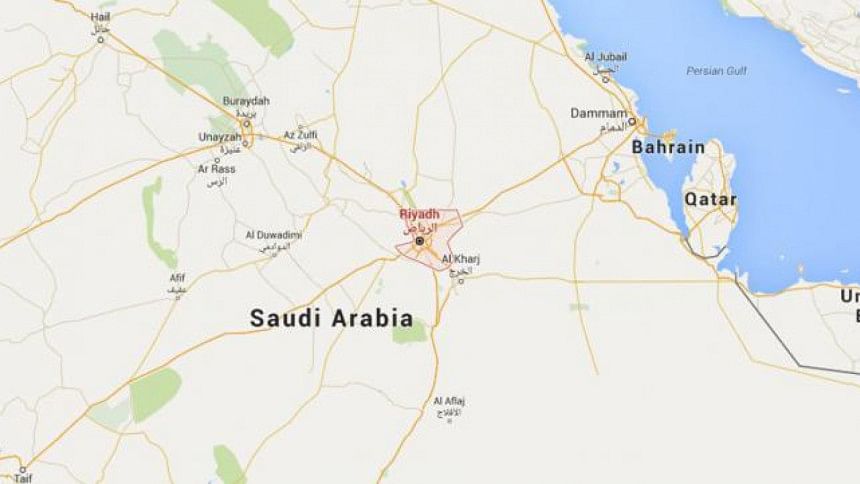Cheated, abused in Saudi Arabia

Many Bangladeshi female migrant workers returning from Saudi Arabia alleged that they had been subjected to physical and sexual abuse and denied salaries by their employers.
Some of them said they were legally recruited as domestic workers but were instead used as sex workers in the oil-rich Arab country, the biggest overseas labour market for Bangladeshi workers. The country has been recruiting a high number of female domestic workers since 2016.
The number of such Bangladeshi workers going to the Kingdom was over 68,000 in 2016 and rose to over 83,000 in 2017.
Sabrina Akhter (not her real name), 25, one of 127 female domestic workers who returned home on Thursday night, said since her arrival in Saudi Arabia in late September last year, she was taken to different apartments where men of Arab descent “tortured” her.
To escape the violence, she somehow managed to call her husband in Dhaka, a construction worker, who contacted the recruiting agent and the Bureau of Manpower Employment and Training (BMET).
Subsequently, Sabrina was taken to the safe home run by the Bangladesh embassy in Riyadh and then repatriated home in a Saudi Airlines flight Thursday night.
"I have serious pain in my waist and head. I regret going to Saudi Arabia," Sabrina told The Daily Star yesterday over phone from her rented house in Kamrangirchar in the city.
"I received no salary but only violence and sickness during my days in Arab," she said.
Her husband Mohammad Zakaria (not his real name) said his dealings with the manpower brokers since Sabrina's allegations of abuses and conversations with Sabrina reveal a grim picture of the conditions female domestic workers in Saudi Arabia live in.
"Though they all go legally through recruiting agencies, many of those who are less than 28-years old and are somewhat good-looking are employed in the sex trade," he said, quoting his wife.
Those who refuse are mercilessly tortured, Zakaria said, quoting Sabrina.
Azmeri, 50, a domestic worker from Narayanganj, said her employer used to beat her for any small mistakes.
"How can I work such long hours?" she said, adding that she had to work 16 to 18 hours a day.
According to a letter of Bangladesh embassy in Riyadh, there were a total of 369 domestic workers in a safe home in Riyadh until January 7. Most of them have already been repatriated and others will be coming in the next few days.
Dr Namita Halder, secretary of the Ministry of Expatriates' Welfare and Overseas Employment, said the Bangladesh mission in Riyadh and Jeddah have safe homes and those facing troubles are sheltered there.
The survivors of violence, however, don't want to file cases against the abusers, but ironically the abusive employers file police reports, alleging that the domestic workers have absconded, she said.
"These cases take some time to be completed during which the Bangladesh embassy takes care of them [the victims]. When the cases are settled, the migrants are sent home," Namita told this correspondent yesterday.
There are allegations of sexual abuses of domestic workers in several other countries, especially the Middle Eastern ones, namely Saudi Arabia, United Arab Emirates, Lebanon and Jordan.
Based on these reports, the ministry has decided to hold a special session on safe female migration during a conference in Dhaka to be attended by the Bangladesh's labour counsellors working in the countries Bangladesh sees as labour destinations.
Annual female migration from Bangladesh was only around 56,000 in 2013, but it went up to over 121,000 in 2017, mostly for domestic work.
Since 1991, a total of 696,000 female workers went abroad, but there is no data on how many of them returned.

 For all latest news, follow The Daily Star's Google News channel.
For all latest news, follow The Daily Star's Google News channel. 






Comments